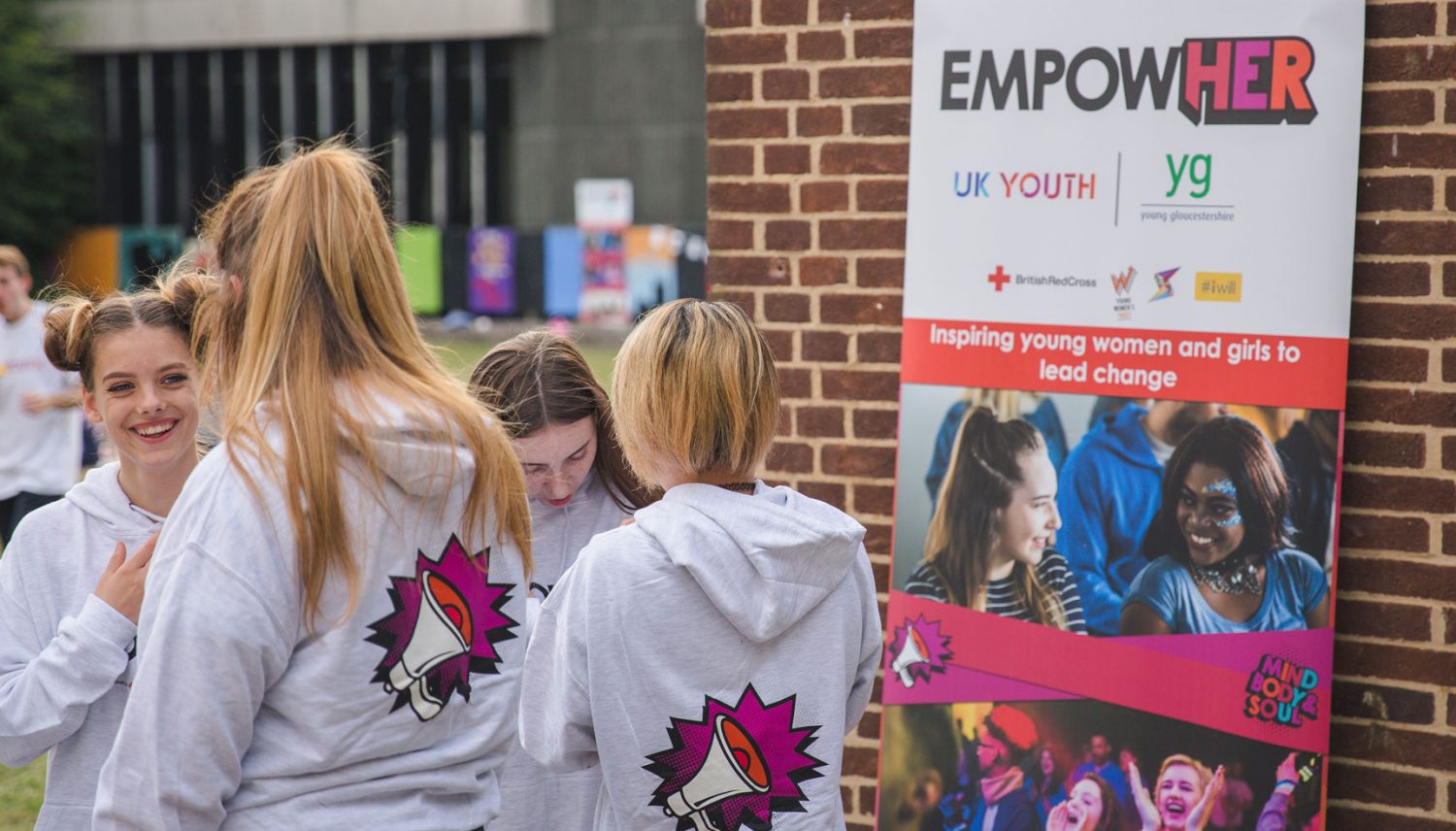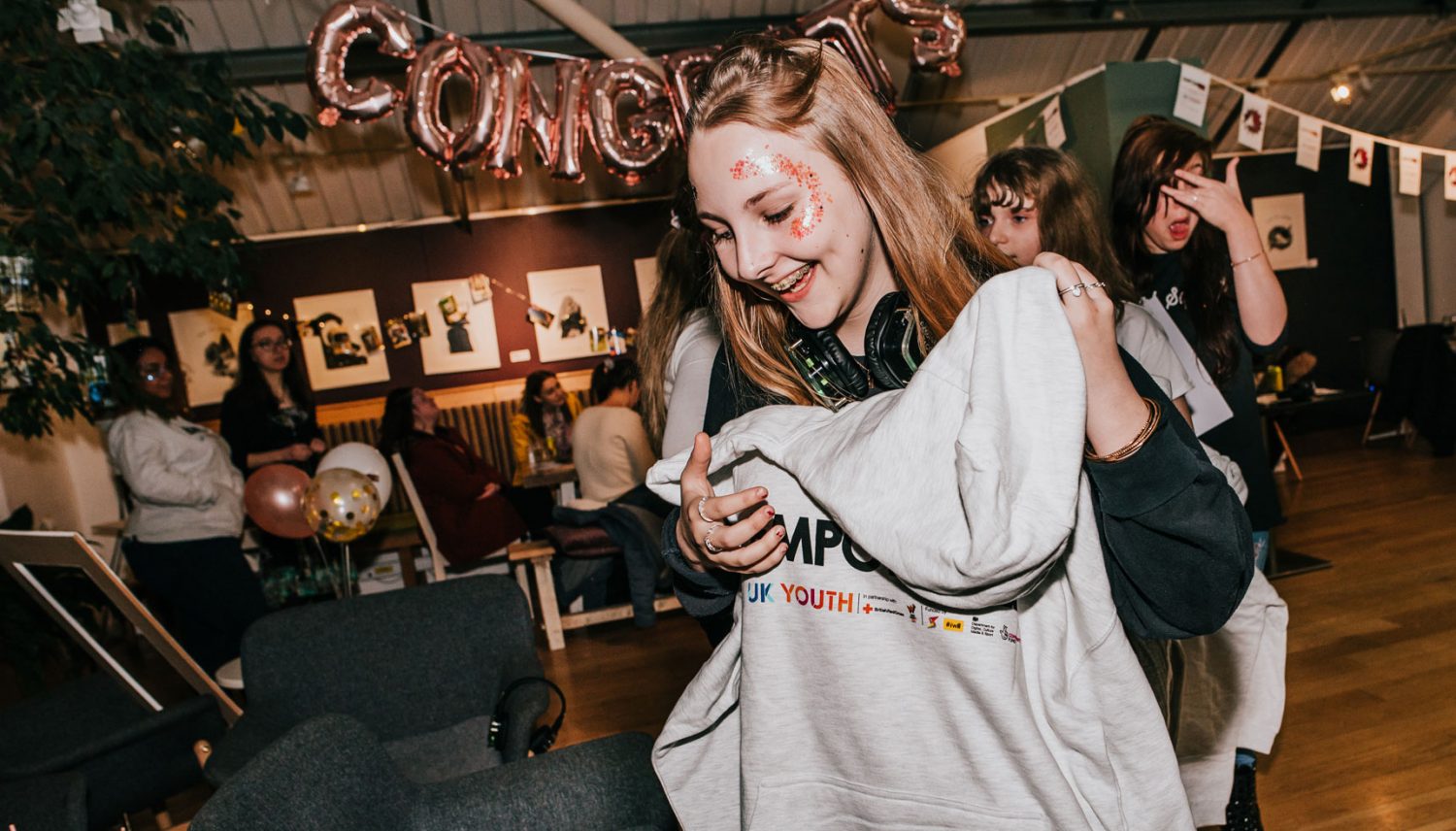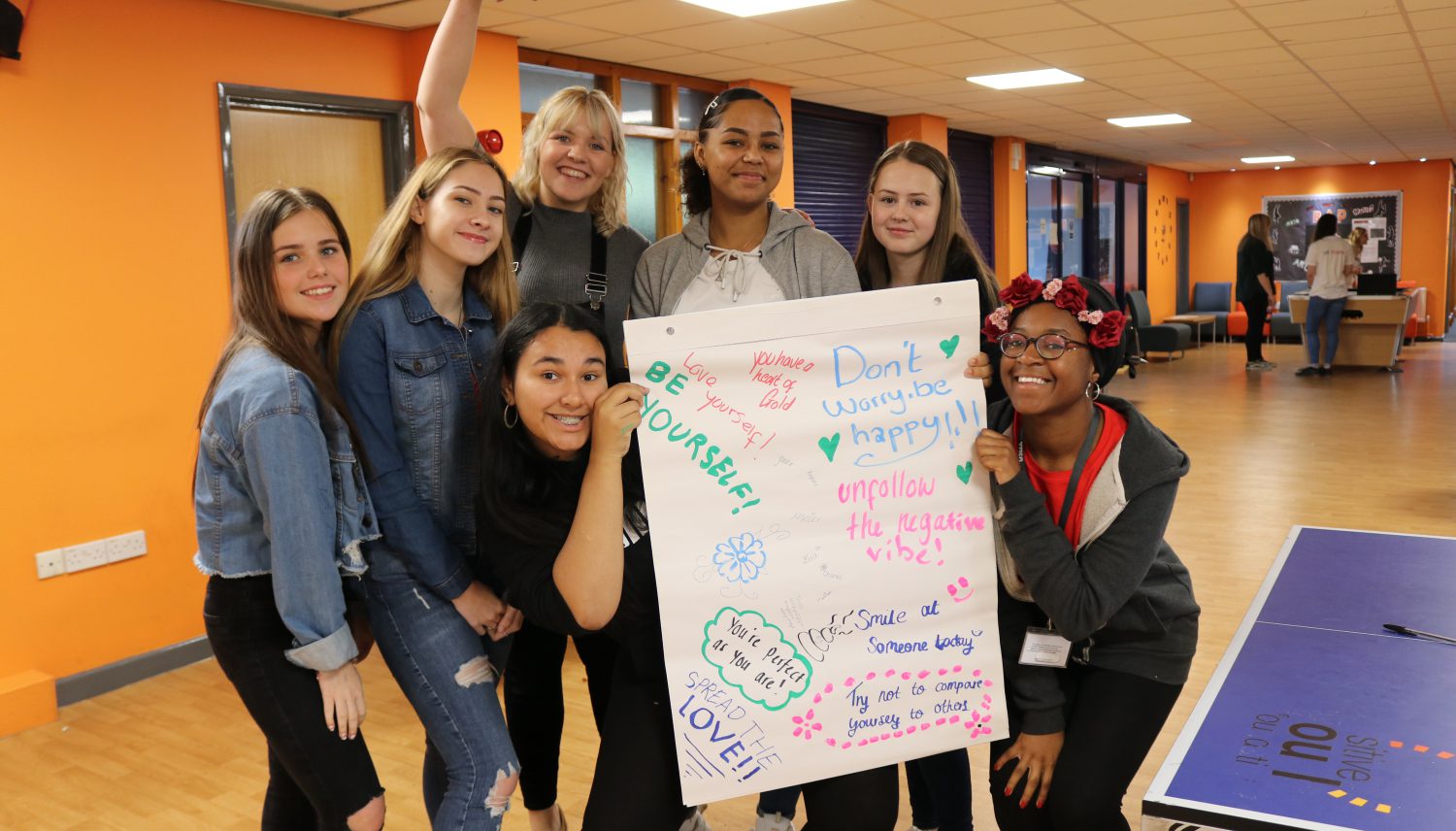Generation in need
In recent years, young people have been hit hard by a struggling economy, cuts to vital services, lack of investment in the youth sector and rising inequality.
UK Youth plays a unique role in addressing the lack of investment in the youth sector, the lack of cross sector understanding in how youth work makes a difference and the limited opportunities to embed effective solutions.
Those with complex needs and from disadvantaged backgrounds face multiple challenges. With the added impact of a global pandemic, young people are having to tackle their education being put on hold, a lack of jobs and prospects, and threats to their mental wellbeing.
Youth work provides some of the vital support in personal and professional development that young people need to navigate an ever-increasing complex world. Youth work uses techniques that foster the kind of self empowerment required to lead a fulfilling life.
Youth sector
11.8m
young people aged 10-23 in the UK – one in five of the population
£425
Central government funding per child and young person has fallen from £571 in 2010/11 to £425 in 2018/19
1000+
More than 1,000 children’s centres have closed since 2009 and 760 youth centres have shut since 2012
87%
of local authorities had one or more youth centres shut since 2011
40%
The average council has cut real-terms spending on youth services by 40% between 2014-18

Serious violence against young people

Areas suffering the largest cuts to spending on young people have seen bigger increases in knife crime
4562
Knife and offensive weapon offences involving those aged 10-17 and resulting in a caution or conviction have risen year on year, from 2,639 in 2013 to 4,562 in 2019
Education

Pupils receiving Special Education Needs (SEN) support are over 5 times as likely to be permanently excluded than pupils with no SEN
(Department for Education, 2019)
2 x
Disadvantaged pupils (eligible for Free School Meals or in Alternative Provision) are twice as likely to not be in education, employment or training (NEET) than their better-off peers

Skills and employability
765000
young people (aged 16- 24 years) in the UK who were not in education, employment or training (NEET) in April to June 2020
7%
British young people are 7% poorer than their counterparts were in 2001
(https://www.resolutionfoundation.org/app/uploads/2019/05/Generation-of-Poverty-Report.pdf)
16-24 year olds are more likely than any other age group to be on zero-hours contracts, making up a third (34%) of this new workforce
6%
15-24 year olds in the UK lack Essential Digital Skills
Wellbeing
2.3m
children in England are from a vulnerable family background
(https://www.childrenscommissioner.gov.uk/report/childhood-vulnerability-in-england-2019/)
71%
of young people aged 16-24 say they feel lonely from a few times a month to virtually all the time
(YouGov, 2019)
60%
of young people (aged 18-24) have felt so stressed by pressure to succeed that they have felt overwhelmed or unable to cope
(https://www.mentalhealth.org.uk/news/60-young-people-unable-cope-due-pressure-succeed)
39%
of young people said they had experienced suicidal feelings because of stress
(https://www.mentalhealth.org.uk/news/60-young-people-unable-cope-due-pressure-succeed)

Covid-19 pandemic
While this report focuses on UK Youth’s impact in 2019/20, the Covid-19 pandemic has had a profound effect on young people in the later months of 2020. Some of that impact is referenced here.
80%
of young people with a history of mental health needs said the pandemic had made their mental health worse
87%
of young people felt lonely or isolated during the lockdown period
One third of 18-24 year old employees (excluding students) have lost jobs or been furloughed
(https://www.resolutionfoundation.org/app/uploads/2019/05/Generation-of-Poverty-Report.pdf)
35%
of 18-24 year olds are earning less than they did prior to the pandemic
(https://www.resolutionfoundation.org/app/uploads/2019/05/Generation-of-Poverty-Report.pdf)
